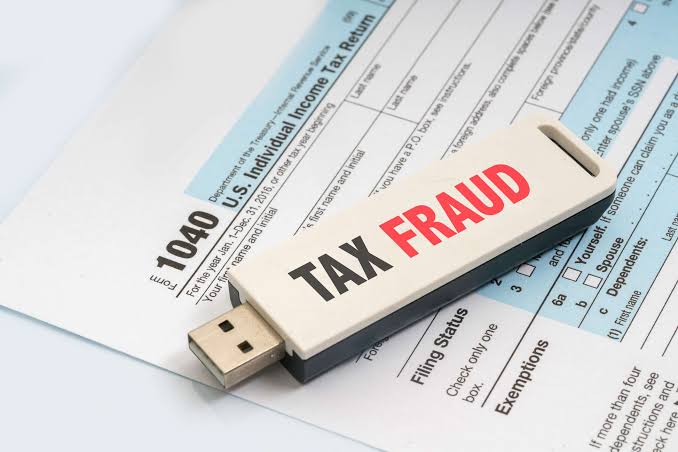We just landed in the month of festive and celebration December. Most of the things didn’t go our way but at-leastwe have the freedom to enjoy this month. You got everything planned out from that closing party at work, events, lunch with family, Christmas dinner and all the work. To only wake up to blue sirens on your gate and they have a warrant of arrest in your name. You ask why, Tax fraud? Confusion and all you still handcuffed and put into that police van to only appear in court on Monday.

This blog is going to untangle the facts behind Tax fraud and how easily a normal citizen could be charged for it.
What is tax Fraud?
When a person or organisation knowingly and deliberately provides false information on a tax return in order to reduce their tax liability, it is considered tax fraud. In essence, tax fraud is the act of falsifying information on a tax return in an effort to evade paying the full amount owed
There is a theory that when an individual starts receiving high tax bracket income they start looking for ways to either avoid paying tax by all means necessary or they just don’t declare the income they receive. Well this has been a trend from the most richest men, to celebrities, politicians and down to entrepreneurs. The hard truth is that this fraud may lead to a great loss, getting fined a large amount of money by SARS, blacklisted, to loosing your possessions if not put to jail. An example of a punishment would be that in the event that a taxpayer is prosecuted and found guilty of a tax crime, they could potentially face a significant fine or perhaps a maximum sentence of two years in prison.
Here are common frauds
After this informative blog, would you still choose to commit tax fraud willingly/ unknowingly or you would rather just pay the tax man his money and enjoy life as it comes?



